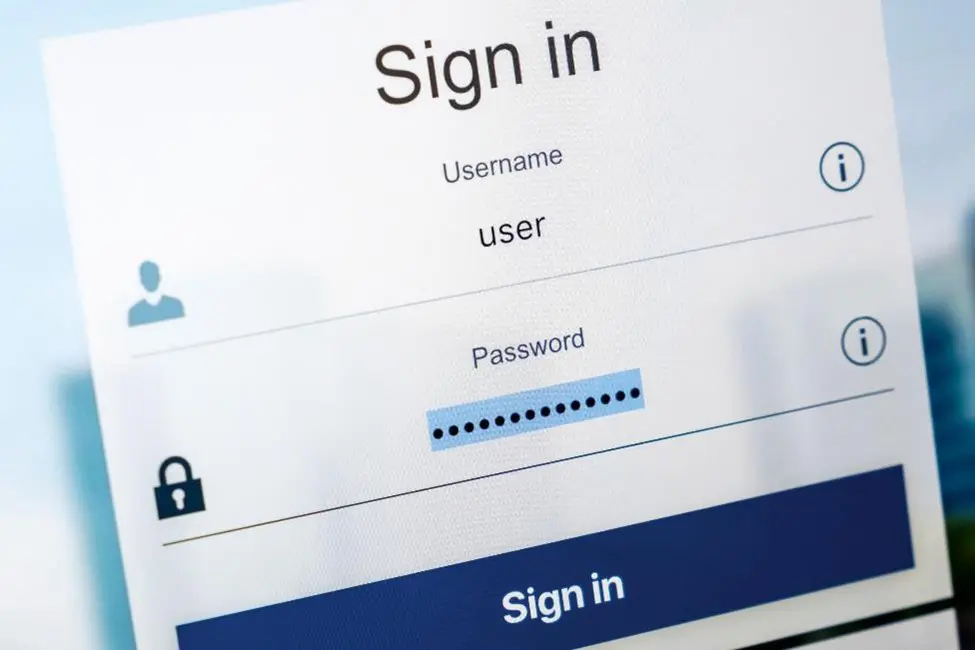When we think about handling an estate, most of us picture physical assets—a home, bank accounts, personal belongings. But in today’s world, there’s another type of property that can be just as important, and far more elusive: digital assets.
As an executor, you may find yourself faced with questions you never expected: What happens to someone’s email or social media accounts after they pass? Who owns the photos stored in the cloud? Can you access online banking or crypto accounts? These digital footprints are part of the estate—and ignoring them can create confusion, vulnerability, and even legal risk.
Here’s what you need to know about handling digital assets in probate, and what you can do to manage them responsibly.
Digital Assets Are Real Property—But Often Overlooked
Digital assets can include anything stored electronically that has sentimental or financial value. Some examples include:
- Email accounts and communication apps
- Social media accounts like Facebook, Instagram, LinkedIn, or TikTok
- Cloud storage platforms such as Google Drive, iCloud, or Dropbox
- Digital photos, videos, music collections, or writing
- Online banking, investment, and crypto accounts
- Shopping accounts (like Amazon, eBay, PayPal)
- Reward programs, subscriptions, or domain names
These accounts can hold sensitive information, recurring charges, valuable assets, and years of memories. Without a plan to manage them, they’re vulnerable to being hacked, forgotten, or lost forever.
Accessing Digital Accounts: What Executors Should Know
Unlike physical property, digital accounts are protected by complex privacy laws and user agreements. Just because you’re the executor doesn’t mean you’ll automatically be granted access.
Most platforms have their own policies regarding account access and closure after death. Some require court orders. Others may allow limited access if you provide a death certificate and proof of your role as executor. In some cases, companies will simply deactivate the account—but not provide access to the contents.
This can be especially difficult if no passwords were shared, or if two-factor authentication is required and tied to the deceased’s phone or email.
Tips for Handling Digital Assets as an Executor
- Secure Devices and Accounts Immediately
If you can access the deceased’s phone, tablet, or computer, try to preserve it as-is. These devices often store passwords or are logged into key accounts. Don’t erase or reset them until you’ve confirmed what’s needed. - Locate Any Digital Estate Plan or Password Manager
Some individuals include a digital will or inventory in their estate documents, listing online accounts and login credentials. Others may have used a password manager like LastPass or 1Password, which can provide access to all accounts once unlocked. - Check for Built-In Legacy Options
Some platforms allow users to assign legacy contacts or set up what happens after death. For example:- Facebook allows memorialization or account deletion by a chosen legacy contact.
- Google offers an Inactive Account Manager to pass data to a designated person.
- Apple allows access through a legacy contact system, but legal documents are still required.
- Contact Platforms Directly
If no access is available, visit each company’s help center to learn their deceased user policy. Be prepared to provide a copy of the death certificate, proof of your executor status, and possibly a court order. - Watch for Ongoing Charges or Risks
Subscriptions and recurring charges can continue draining funds if accounts remain active. Meanwhile, unmonitored accounts may be vulnerable to identity theft or hacking. Cancel, freeze, or monitor wherever possible. - Preserve Sentimental Value Thoughtfully
Digital photos, videos, and personal writings often hold deep emotional value. When possible, download and back up important content before requesting account closure. Consider creating an archive for family members.
Planning Ahead: Digital Wills and Inventories
While you can’t go back and create a plan for the person who passed, this experience may highlight the importance of digital planning for yourself or other family members.
Encouraging loved ones to document their digital accounts, store passwords securely, and designate digital heirs can prevent stress and loss in the future.
You Don’t Have to Navigate This Alone
Handling digital assets is one of the newest—and often most confusing—aspects of estate management. It’s not something most executors expect, but it’s increasingly important in today’s world.
If you’re managing a property or estate and feeling overwhelmed by digital questions, I’m here to help. While I specialize in probate real estate, I work closely with professionals who can support you through the legal, financial, and digital sides of the process. Together, we can make sure no detail is left behind.

